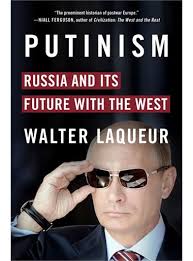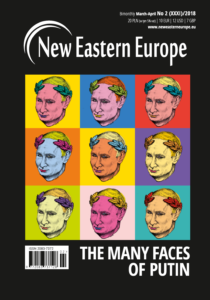 Police detained nearly 1,400 activists (HT: AP/CFR) who participated in a Saturday protest against a ban on some opposition candidates from running for Moscow’s city council, according to a monitoring group.
Police detained nearly 1,400 activists (HT: AP/CFR) who participated in a Saturday protest against a ban on some opposition candidates from running for Moscow’s city council, according to a monitoring group.
Organizers hope that the crackdown will galvanize more Moscow residents to support the protest movement on August 3, but it remains unclear whether that will be the case. Russian President Vladimir Putin has not commented on the protests, Foreign Policy adds, but the authorities appear worried about growing public anger.
The Russian tradition of top-down rule has a long history, but Putin was not condemned to follow it over the past couple of decades, notes Andrew Wood, an associate fellow of Chatham House and a former British Ambassador to Moscow (mid 1995–early 2000):
It was Putin who made the crucial decision to reinforce it further on his return to the Kremlin in 2012 by choosing repression over the cautious economic reforms that had been mooted in the Medvedev presidential interlude. He it was who seized Crimea in 2014 and invaded eastern Ukraine. He has overseen the decline in the Russian economy since 2008 and the continuing rise in corruption that has gone along with it. He is responsible for the servility of the Duma and the courts to the diktat of the executive branch, and for the predatory conduct of Russia’s various enforcement agencies.
 The questions for Russia now are how, and whether, present political structures can cope without Putin, he writes for The American Interest:
The questions for Russia now are how, and whether, present political structures can cope without Putin, he writes for The American Interest:







